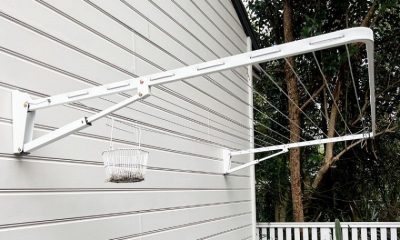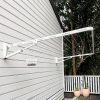House & Garden
Protect and Enhance: The Top Benefits of Sealing Your Concrete Driveway
There’s something undeniably satisfying about gliding your car over a smooth driveway. But did you know that sealing your driveway can help maintain that smoothness while also offering numerous other benefits? Whether you’re looking to protect your investment or simply want to enhance the appearance of your home, this is a crucial step.
If you’re considering amping up your curb appeal, Avista concrete driveway sealers are a great choice. They’re easy to apply and come in both low and semi-gloss versions to suit your preference. Plus, they dry quickly, so you won’t have to wait long to enjoy the enhanced look and protection they provide. With these products, maintaining a smooth and pristine driveway is easier than ever. Read on to discover the top benefits of sealing your driveway and why it’s an essential part of home maintenance.
What are the Benefits of Sealing Your Driveway?
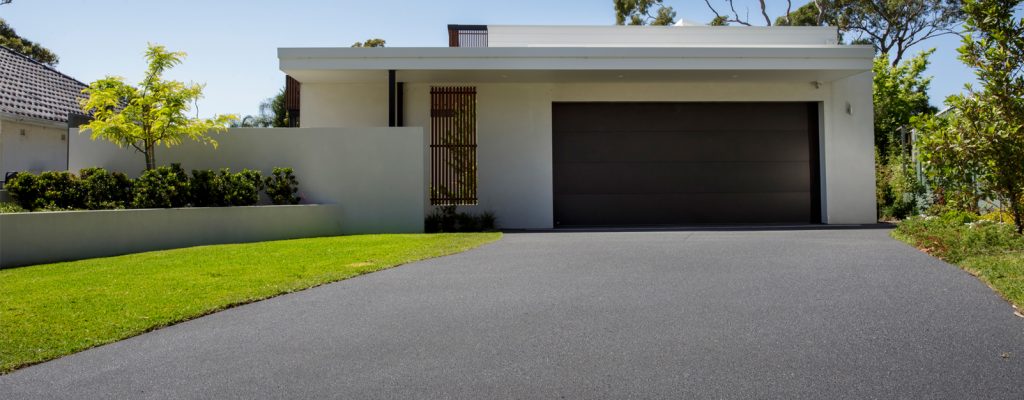
Sealing this outdoor area offers a host of benefits that can save you time, money, and effort in the long run. Here are some compelling reasons why you should consider it:
- Repels moisture: Concrete, though durable, isn’t immune to moisture damage. When exposed to constant moisture, it can suffer from internal damage, leading to mould or moss growth, which weakens the structure. Sealing helps repel moisture, effectively preventing these issues and ensuring that the surface stays strong and intact.
- Deters colour fading: If you’ve chosen stamped or exposed aggregate concrete, you know how beautiful it can look. However, over time, the vibrant colour can fade. A driveway sealer enhances and preserves its colour, so that it remains vibrant and shiny. This way, the area maintains its high-quality appearance for years.
- Prevents cracks: Cracks can be more than just an eyesore – they can lead to significant damage. Sealing the surface helps prevent these cracks by filling in small holes and imperfections. This not only minimises the chance of cracks forming but also protects against frost heave, which can cause severe damage in colder climates.
- Resists stains: Whether it’s grease, oil, or other chemicals, a sealed surface makes cleanup a breeze. Simply wipe away the stain, and the ground will look as good as new. This resistance makes sealing an excellent option for different outdoor areas.
- Increases longevity: Typically, unsealed concrete lasts less than 20 years, but using concrete driveway sealers can extend its life to over 30 years. This longevity makes sealing a cost-effective solution compared to the expense of reconstruction. Considering how much a new one costs, sealing every few years is a wise investment.
- Simplifies maintenance: How often you’ll need to reseal the surface depends on the product you use and your local weather conditions. Generally, you should reseal every few years to maintain optimal protection.
So, should you seal your concrete driveway? Absolutely. From moisture repellence to enhanced aesthetics, and from crack prevention to stain resistance, using a concrete driveway sealer offers a range of benefits that help you protect and enjoy this area for many years. It keeps it looking great and performing well. If you’re looking for an easy-to-apply, fast-drying option, consider the brand Avista.
What Can Damage Your Concrete?
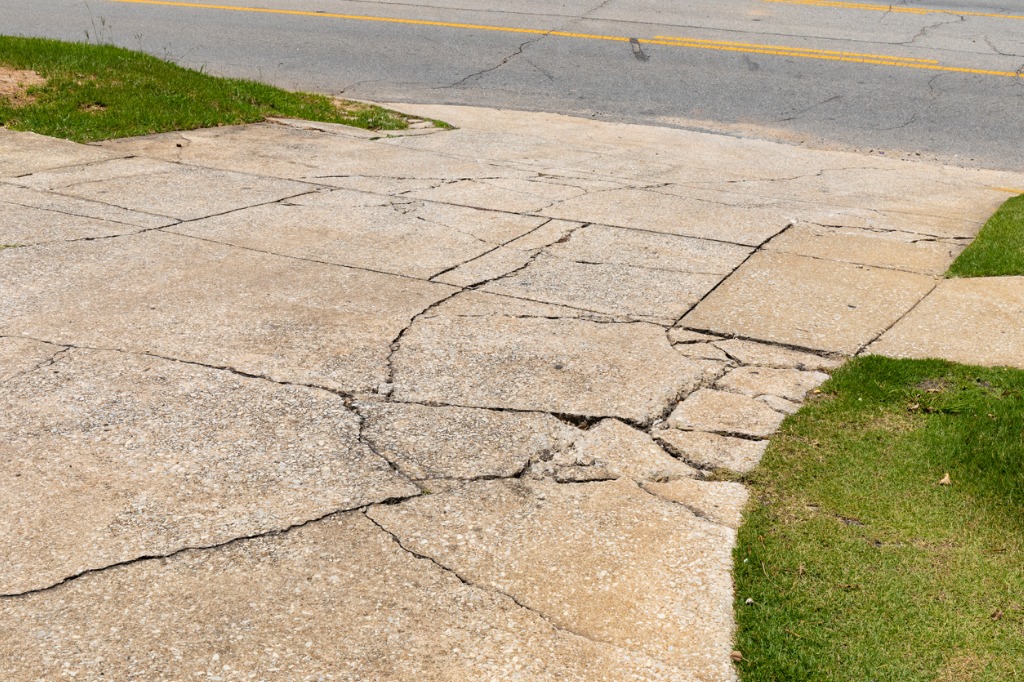
Your driveway might seem like it’s built to last forever, but several factors can sneak up and cause significant damage over time. Let’s explore some of the main culprits that can compromise its integrity:
- Aggregate expansion is a particularly common issue during the winter months. When you sprinkle salt to melt snow, the resulting water can seep into small cracks in the pavement. As temperatures drop, this water freezes and expands, pushing the concrete apart and creating more cracks. This cycle of melting and freezing can wreak havoc on the surface over time.
- Weather disintegration occurs when your driveway is subjected to constant changes in weather and temperature. These fluctuations can gradually make the concrete brittle. Extreme heat, cold, and rapid temperature changes cause the material to expand and contract, leading to small cracks and eventually significant damage.
- Delamination, also known as blistering, happens when layers on the surface begin to split apart. This is often seen as small bubbles or blisters. Continuous exposure to direct sunlight can cause delamination, as the heat makes the surface layers expand and contract differently than the layers below, leading to separation and weakening.
- Chemical damage can occur due to a reaction between carbon dioxide in the air and calcium hydroxide in the concrete. This reaction, known as carbonation, forms calcium carbonate, which reduces the durability of the concrete. More critically, carbonation can also affect the steel reinforcement within the material, causing it to rust and eventually crumble. This process significantly compromises the structural integrity of your driveway.
How Frequently Should You Seal It?
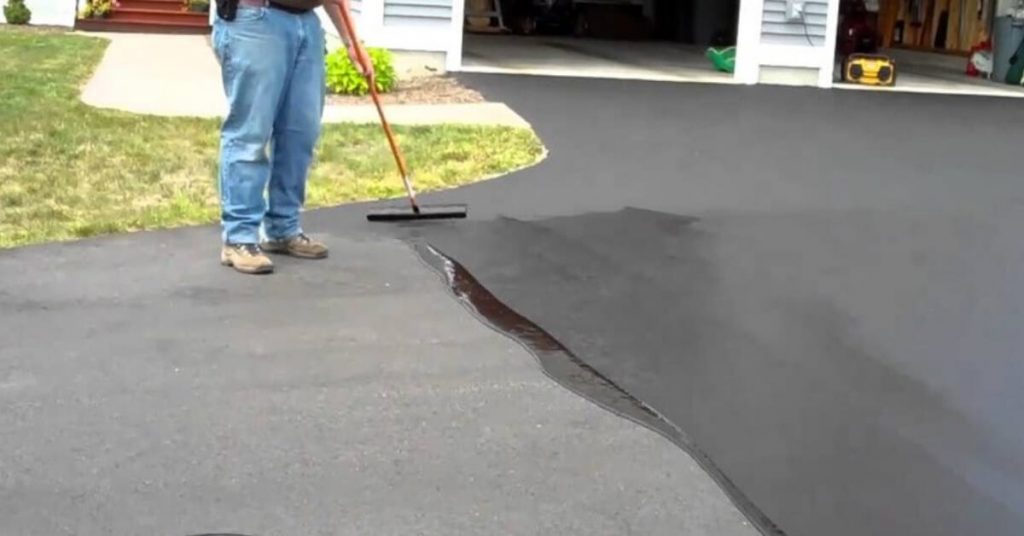
How often you should apply a driveway seal coat can vary based on a few factors. The type of sealer you use, how much traffic the area sees, and the climate all play a role. Generally, though, it’s a good idea to reseal it every one to three years. Many homeowners face the dilemma of whether to seal their driveways. It’s essential to weigh your options carefully before deciding. You can even consider reaching out to a local concrete sealing service for expert advice.
While applying a driveway sealer might seem like just another chore on your list, it’s more important than you might think. Most professional contractors highly recommend it, and for good reason. Sealing not only helps protect your driveway from damage caused by moisture, chemicals, and weather extremes, but it also enhances its appearance and prolongs its lifespan. So, you should consider the long-term benefits it could provide for your home and curb appeal.
Writing for the blog since 2012, Chris simply loves the idea of providing people with useful info on business, technology, vehicles, industry, sports and travel – all subjects of his interest. Even though he sounds like quite the butch, he’d watch a chick flick occasionally if it makes the wife happy, and he’s a fan of skincare routines though you’d never have him admit that unless you compliment his impeccable skin complexion.









